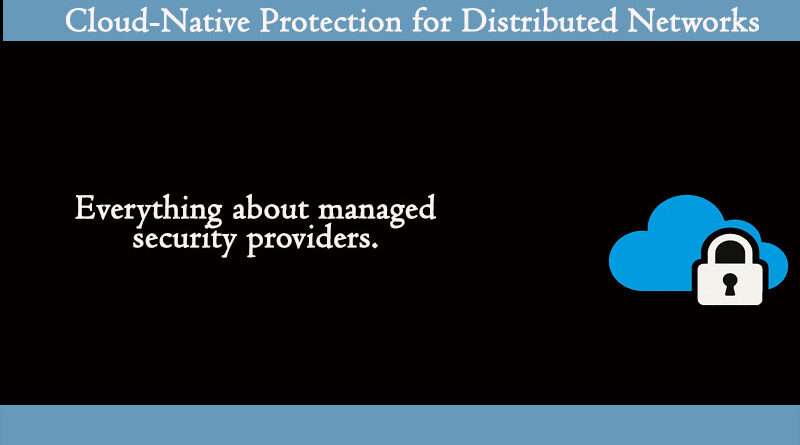Managed Security Services Trends: Cloud-Native Protection for Distributed Networks
As more and more business operations migrate to the cloud, security has grown more complex. There is no longer a single place or system upon which companies work. Instead, they usually maintain remote teams that rely on cloud applications and keep their data spread out across different locations. To this end, many organizations have started to rely on managed security service providers for protecting their growing and evolving networks. These services offer companies full protection as they concentrate on their day-to-day matters.
The Shift in Cloud-Native Security
Traditional security tools have become insufficient with increasing cloud adoption via AWS, Azure, and Google Cloud. Cloud-native protection means the security tools are themselves meant and built to operate within clouds, not added on later. These tools are dynamically updated to counter new threats as they emerge, and as the network grows or undergoes changes. Thus, it accommodates data protection wherever the data is stored or retrieved from.
Why Distributed Networks Need Extra Attention
When a company spans offices, presents workers, and delivers services that are in different locations, it is said to have a distributed network. While flexibility is the upside, one is more prone to cyberattacks. A hacker may try to invade through weak points in the chain, such as a remote worker’s unsecured laptop or a less-than-fully-secured application. Managed security services come to the help by monitoring every slice of the network going on. These services are capable of early detection of threats and swift action before anything untoward happens.
Automation and AI in Security
The very trend whose development accelerated is automation and artificial intelligence applied to security. These tools have the ability to scan high volumes of data and detect any irregularity that might indicate the start of a cyberattack. The system could instantly block a login if it were 3 a.m. and the location unknown. Automation thus enables security teams to accomplish much more, minimizes human error, which happens to be one of the most common reasons for security failures.
24/7 Monitoring for Great Peace of Mind
Businesses have no concept of shutting down at night anymore, which explains why around-the-clock monitoring has become necessary. It is a 24/7 support and monitoring presence provided by managed security service providers, keeping an ever-watchful eye over the network. Should something out of the ordinary happen to occur, they move fast to address it. This provides peace of mind for business owners and allows them to avoid downtime.
Conclusion
There is a divergence in working style between the business and security; it should follow suit. Whether cloud-based protection or managed security services, now are the primary possibilities for protecting data in a connected world. By using smart tools, real-time monitoring, and expert assistance, companies can stay growth-oriented, without spending their mental resources too much on cyber threats. Today, flexible and strong security is no longer a mere privilege; it has become an essence.



